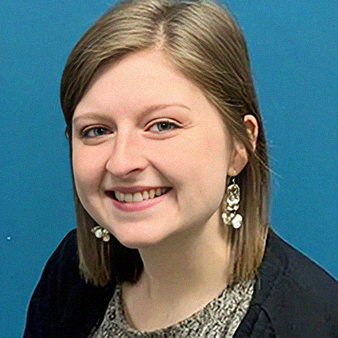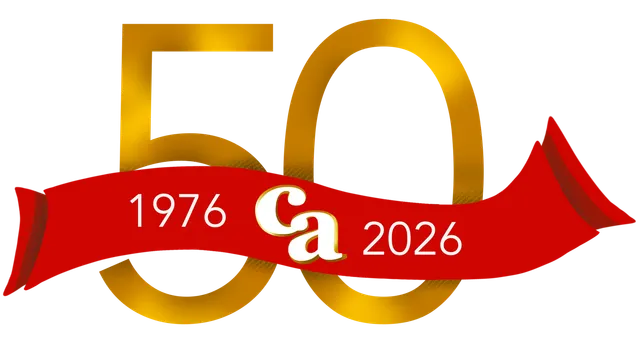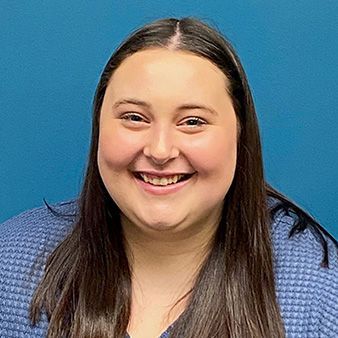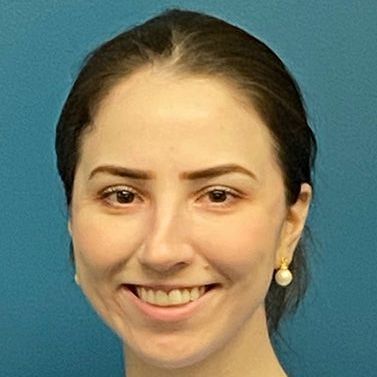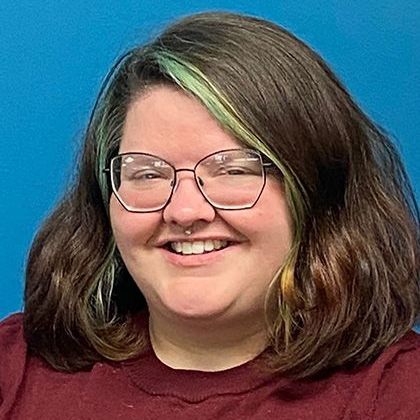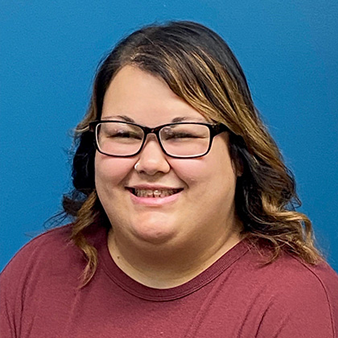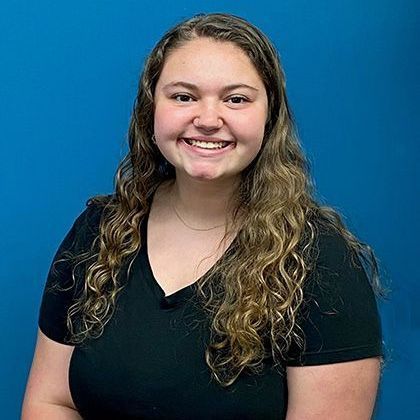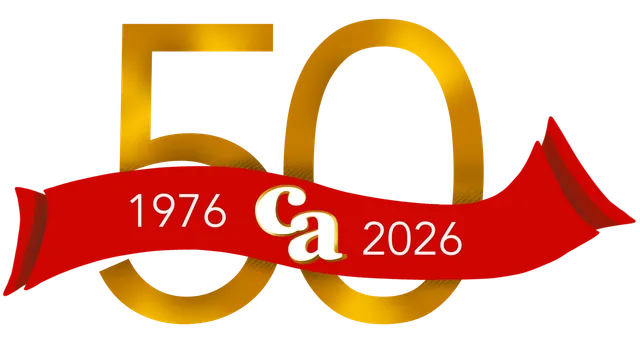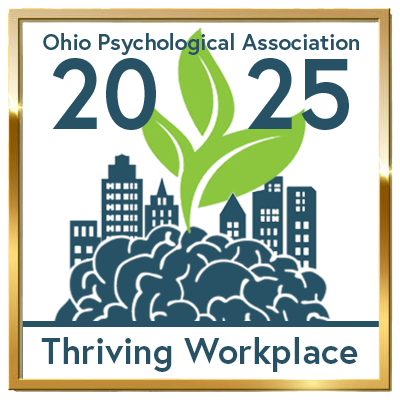PREVENTION
PROGRAM OVERVIEW
The Prevention Program at Child & Adolescent Behavioral Health (C&A) offers services to the community, schools, childcare centers, youth, and families. Prevention focuses on teaching coping and social skills, and building resilience, which is the ability to recover, or bounce back, from adversity. These services aim to prevent future mental health issues and substance misuse by providing lifelong skills. Mental illness and substance use disorders are major causes of disability in the U.S. They can make daily activities difficult and affect a person’s ability to work and interact with others. Poor mental health and substance misuse can also lead to chronic diseases like diabetes and heart disease. Preventing these issues is crucial for overall health.

Early Childhood Mental Health (ECMH) Consultation involves an ECMH Consultant working with teachers, childcare centers, families, and others who care for children aged 0-8. The goal is to develop social and emotional skills in young children and reduce preschool expulsions.
Early Childhood Mental Health Consultation:
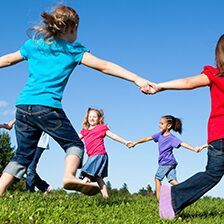
Early Childhood Mental Health Consultation in the Department of Children and Youth:
Early Childhood Mental Health Consultants use state-funded grants to support education and early childhood teams across the state. They collaborate with the Early Childhood Resource Center and a State Support Team 9 to integrate mental health into education and its supporting agencies.
Family Programming:
Our Family Programming Specialists offer family consultation services to determine the best and most appropriate resources and referrals. Service may include parenting support, developmental screenings, and other appropriate referrals.
Family Success Network:
The Family Success Network (FSN) is a voluntary program designed to strengthen and support families based on their unique needs. Services include money management, financial assistance, parenting support, and family coaching.
EMCH: Early Childhood Mental Health Consultation
A problem-solving and capacity–building intervention implemented within a collaborative relationship between a professional consultant with mental health expertise and one or more individuals with other areas of expertise - primarily childcare, child development, and families – or individuals with childcare responsibilities.
ECMH Consultation
The Early Childhood Mental Health Consultation (ECMHC) program is a collaborative effort between childcare centers and mental health consultants aimed at promoting the social and emotional well-being of children from birth to six years old.
Objectives:
- Promote Protective Factors: Enhance resilience and protective factors in young children.
- Increase Skills of Parents and Providers: Equip parents and early childhood providers with the skills needed to support children’s development.
- Support Healthy Development: Focus on the social and emotional development of children to ensure they are ready for school.
How It Works:
- Consultant Partnership: A mental health consultant works with childcare centers or preschools to support staff and students.
- Classroom and Student Observation: Consultants observe classrooms and individual students to identify areas for improvement.
- Parent Consultation: Provide guidance and strategies to parents to help manage and prevent challenging behaviors.
- Staff Support: Offer coaching and modeling to staff, linking them to community resources and providing effective strategies.
Goals:
- Increase Problem-Solving and Self-Regulation: Help children develop problem-solving skills and self-regulation.
- Prevent Challenging Behaviors: Provide tools to manage and prevent challenging behaviors, rather than diagnosing or treating children.
- Reduce Preschool Expulsions: Aim to reduce the rate of preschool expulsions by addressing behavior problems early.
Importance of Reducing Preschool Expulsions:
Preschool expulsions have significant long-term consequences. Children who are expelled are more likely to face:
- Lower reading scores
- Academic failure and grade retention
- Negative attitudes towards school
- Involvement with the judicial system
- Peer rejection and substance abuse
- Truancy and incarceration
- Divorce, unemployment, psychiatric illness, and early death in adolescence and adulthood
Preschool behavior problems are the strongest predictor of adolescent delinquency and adult imprisonment, making early intervention crucial.
Coffee Hour:
Coffee Hour is from 9AM to 11AM at the Early Childhood Resource Center on most Tuesdays. Coffee Hour consists of an Early Childhood Mental Health Consultant led discussion group, where parents from the community can come together to problem solve, discuss challenges, and find community.
DINA
The Incredible Years Dina Dinosaur curriculum is implemented in Stark County’s kindergarten classrooms to enhance children’s social, emotional, and academic skills. It uses engaging methods like puppets, activities, books, and games to teach these competencies through real-life classroom and playground scenarios. Key skills include understanding and expressing feelings, effective problem-solving, and anger management.
The
Incredible Years Dina Dinosaur curriculum is a comprehensive program designed to foster social, emotional, and academic development in young children. Here are some more details:
Key Components:
- Puppets and Role-Playing: The curriculum uses puppets, particularly Dina Dinosaur, to engage children in role-playing scenarios. This helps them understand and practice social skills in a fun and relatable way.
- Special Activities and Games: These are designed to reinforce the skills being taught. Activities might include group games that require cooperation and problem-solving.
- Books and Stories: Stories are used to illustrate key concepts and provide examples of positive behavior and problem-solving strategies.
- Real-Life Scenarios: The curriculum incorporates real-life events from the classroom and playground to discuss and practice new skills. This helps children apply what they learn to their everyday interactions.
Skills Taught:
- Understanding and Communicating Feelings: Children learn to identify and express their emotions in a healthy way.
- Effective Problem-Solving Strategies: The curriculum teaches children how to approach and resolve conflicts constructively.
- Managing Anger: Techniques for recognizing and managing anger are a key part of the program, helping children to stay calm and make better decisions.
Goals:
- Social Competence: Enhancing children’s ability to interact positively with peers and adults.
- Emotional Regulation: Helping children manage their emotions effectively.
- Academic Readiness: Supporting the development of skills that contribute to academic success, such as attention, persistence, and cooperation.
This curriculum is widely used because it combines evidence-based practices with engaging, child-friendly methods.
MEET THE TEAM
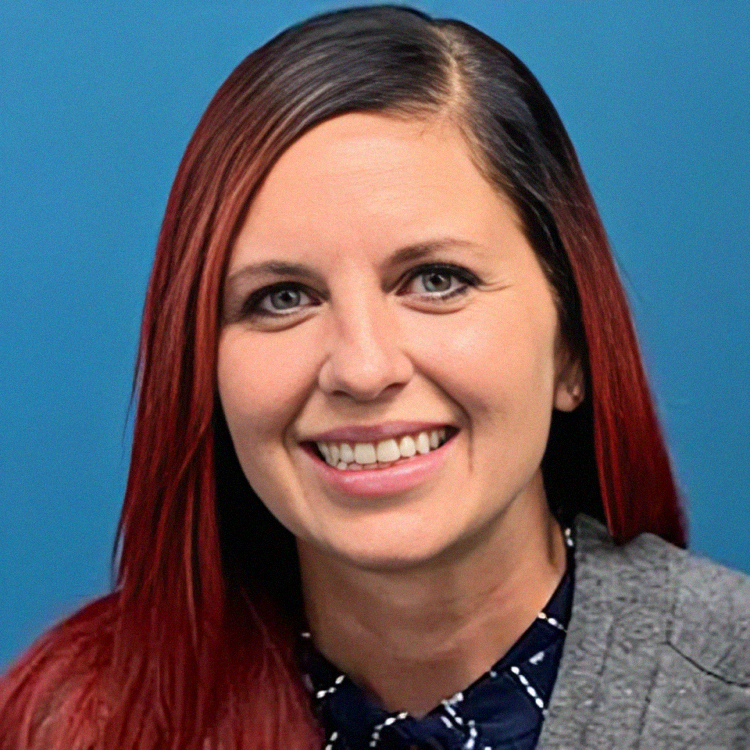
Ashlie Lamp
LISW-S, CDCA
Program Manager
SUPERVISORS
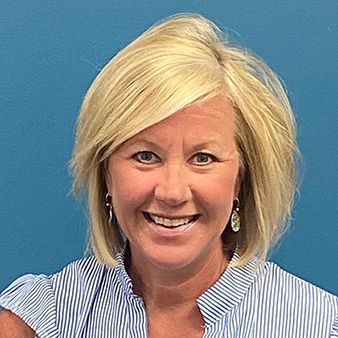
Kim Labriola
BA
